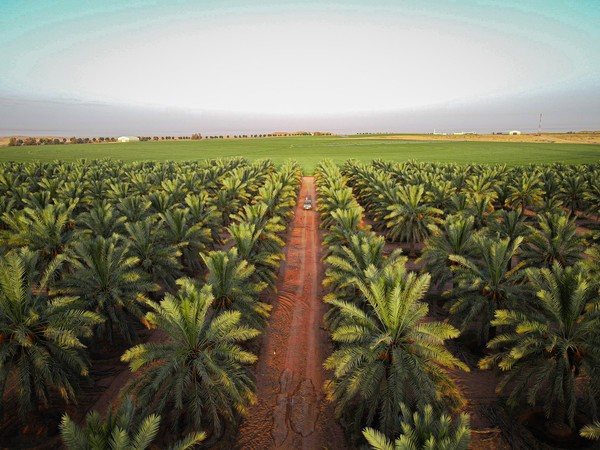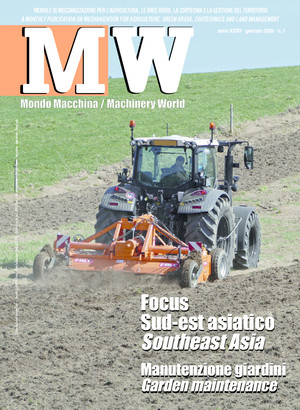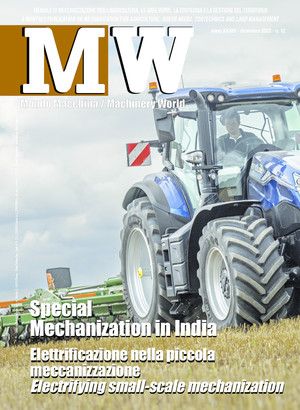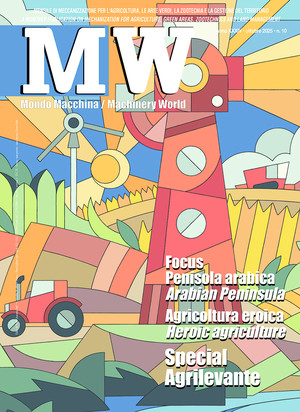
Commercial relations: guarantees and payment instruments
The banking system in the countries of the Arabian Peninsula consists of particularly solid institutions that offer a high level of service and are characterized by a high sensitivity to counterparty risk
As in previous issues in which we discussed other market areas, we will devote a section to financial and payment issues in the countries of the Arabian Peninsula. The first point to highlight is the substantial difference between the banking system in these countries and that in other regions we have covered, such as Africa or the Mercosur countries. In this context, it should be noted that the local banking system consists of institutions that, although they have a relatively recent history, offer a high level of service, partly due to the historical presence of foreign banks (e.g., British or French) with holdings in local banks.
Furthermore, commercial and intermediation activities, especially in the UAE, make these banks extremely oriented towards supporting international trade. Another important aspect is the overall solidity of the system, which in some ways reflects that of the Gulf countries. From an operational point of view, this means that the assumption of risk on these banks by the Italian banking system (e.g., confirmation of a documentary credit) should be accommodated in credit lines that are larger than those in other areas. On the other hand, it is worth noting that Gulf banks are themselves sensitive to counterparty risk. Therefore, if they are required to take on the risks associated with an Italian bank, they may demand a minimum rating from the foreign bank to support the transaction. In the not-too-distant past, when Italy's rating was downgraded (which was reflected in that of our banks), there was, fortunately for a limited period, difficulty in finding Italian banking counterparties acceptable to Gulf banks, except for foreign institutions (e.g., French or German) with a presence in Italy and able to express a better rating.
Another aspect to consider is the local counterparty's commercial practice of requesting bank guarantees from the exporter, particularly for the proper performance of the contract. In this case, it should be kept in mind that direct guarantees (issued by an Italian bank in favor of the local company) are very rarely accepted. The usual request is to receive a guarantee from a local bank, which is, in turn, counter-guaranteed by the Italian bank. In practice, this has implications in terms of timing (for the negotiation of the texts between the two banks) and cost, as our exporter has to pay commissions to both the Italian counter-guarantor and the local issuing bank.
One aspect that companies have recently reported concerns the request to apply Islamic finance instruments (based on the rules of Islamic law – Sharia) to foreign transactions. These cases are more related to investment/financing transactions, but the only suggestion that can be made – in the event of proposals of this kind – is to involve your own bank in direct discussions with the counterparty's bank.
Finally, with regard to the risk indicators for these countries, we provide a summary table (page 73) taken from the SACE website. Risk indicators affect various cost items: insurance, transport, and finance. Since international sanctions are also part of business risk, we can say that the six Gulf countries are not subject to sanctions. However, their geographical location and the international context, which in recent years has expanded the number of countries, entities, and sectors subject to restrictive measures, with frequent updates to these measures, should prompt companies to discuss the issue with their usual advisors (shippers, lawyers, banks), who should have extensive experience in these markets.
Islamic Finance. The origin of modern Islamic Finance (IF) is commonly traced back to 1975, coinciding with the launch of the Islamic Development Bank, but its roots date back 1400 years earlier, given that Islamic law – Sharia – is based on the Koran and the Sunnah. In the Gulf region – after the oil shock of 1973 – specialized banks (Islamic Banks) developed, offering sharia-compliant products to manage the strong influx of oil revenues. In the Gulf region, after the oil shock of 1973, specialized banks (Islamic banks) developed to offer Sharia-compliant products in order to manage the large influx of currency at dedicated institutions. In Saudi Arabia, in particular, there was a need to administer these enormous funds within the framework of Islamic principles. IF can be defined as the set of financial and legal instruments that comply with the dictates of Islamic law. The Islamic economic model focuses on fair behavior, social justice, and widespread prosperity. The basic economic principle is that money has no intrinsic value, but it is only a measure of wealth, and all investments must be linked to the payment of a tangible good or service, thus creating a close link with the real economy. Therefore, the payment of interest (Riba), non-transparent contractual structures, speculative content, and activities in prohibited (Haram) sectors are prohibited: alcohol, drugs, prostitution, and trade in pigs. The risk inherent in the transaction must be shared with at least one other party, according to a partnership scheme. The basic principle is, therefore, to share profits and losses. Typically, Sharia-compliant instruments are: Sukuk (securities market), Murabaha (financing), Ijara (leasing), Musharaka (joint ventures),Mudaraba (project financing), Takaful (insurance).
As these products are based on Islamic law, they are offered by specialized banks in various countries, not only in the Gulf (e.g., Malaysia, Pakistan, Bangladesh, Indonesia, etc.). The United Kingdom was the first country outside the Islamic world to regulate IF with the aim of offering retail services to its Islamic communities and attracting investment from countries that apply IF.








